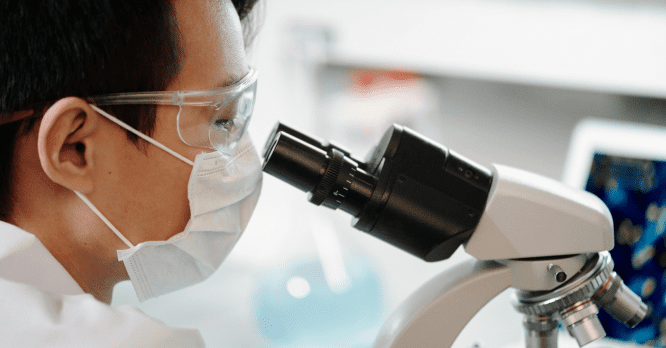Johns Hopkins University is a private university in MD, founded in 1876 and offers Bachelor’s degrees for undergraduates and Master’s and Doctoral degrees for graduate students. The undergraduate enrollment is 5,427, and the graduate enrollment is 2,569. Johns Hopkins University is a hyper-selective school, receiving 29,612 applications and accepting 6.0% of applicants. Johns Hopkins University’s athletics teams compete at the club, intramural, and varsity levels. Additionally, Johns Hopkins University employs 749 full-time instructional staff (98% of whom hold doctorate degrees) and has a 7:1 student to faculty ratio.


